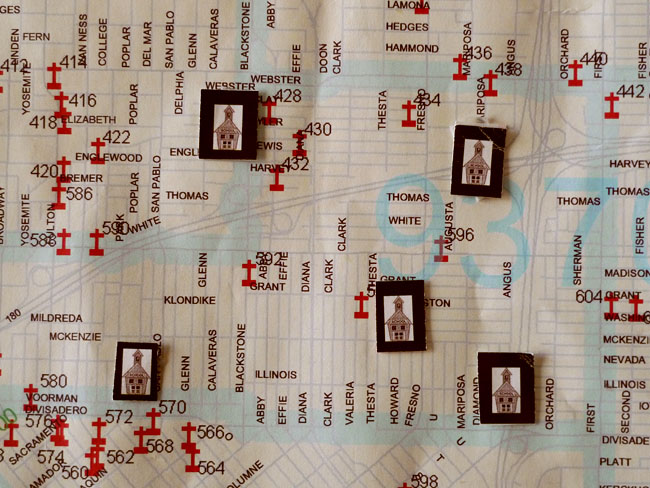This article was imported from our previous website, which many have broken some of the content. We apologize in advance for any strange formatting or broken links you may find.

“As Christians we are stewards of the resources God gives us for serving the human community.” – Tim Keller
Do you ever feel selfish? I don’t mean the narcissistic kind of selfishness where your entire life is filled with consumption and greed, where all that matters is that you have more, gain more, take more. Not that kind. I mean where you say to yourself, “I just want this time to myself” or “Don’t I deserve to purchase this one thing for myself?” or even “I have given so much and there’s nothing left to give.” It’s the kind of selfishness that seems harmless enough, and in some cases is probably deserved. Yet if we’re not careful we can buy into the lie that this kind of selfishness is about self-preservation, and for the greater good of caring and serving others.
In Luke 19 Jesus has just visited the house of a local tax collector named Zacchaeus. This vertically challenged man, hated by most of his contemporaries due to his scrupulous practices, found himself transformed by Jesus. He passionately announced that he was ready to give half his possessions to those in need, a sign of his new allegiance to his Lord. Jesus commends Zacchaeus’ efforts, and in response to the religious grumblers present, shares a parable. The Parable of the Minas speaks directly to those present 2000 years ago and it pierces our hearts today.
The Master gives those under his authority a great deal of money and tells them he is going away but will one day return. Until then they are to “do business” and make a return on his investment. Time passes and the Master returns. The first two servants come before their Master and announce they have taken what has been given to them and multiplied it. The Master is pleased, not with the amount returned but rather in the utilization of the gifts. However, the Master expresses great anger and wrath toward the servant who had failed to do anything with his gift. This “wicked servant” had put it in the safety deposit box and lived in fear, failing to take action.
Jesus' point is clear. We are all given great gifts in our lives: time, talent, treasure. What we do with them determines our allegiance to our Lord and Master. The fight we face is the one to confront our own selfishness and to battle against the world’s commitment to consumption and pleasure. Out of fear and apathy, we can often hide our gifts and fail to use them.
Keller challenges us in the above quote to realize we are stewards of the gifts God has given to us. In ancient times, the word steward literally meant, "House Manager." This person was entrusted with complete control of the Master’s household and possessions. They would oversee property, fields, finances, food and other servants. Day in and day out they were to make sure the household was in working order and see to its efficiency. The steward was not the Master; but they were responsible for the Master’s business. And there were no days off. There was never a time where they stopped being the steward; it was a full-time position.
As we pray and prepare for Serve Dei 2013, may we challenge ourselves and our people that we must live lives of service and sacrifice. We must accept that we all have gifts and are called - no, demanded - to use them. Failure to is not an option. Fresno is our community and we have an obligation and opportunity to serve it. May God receive the glory and honor as we walk in obedience to His commandments.